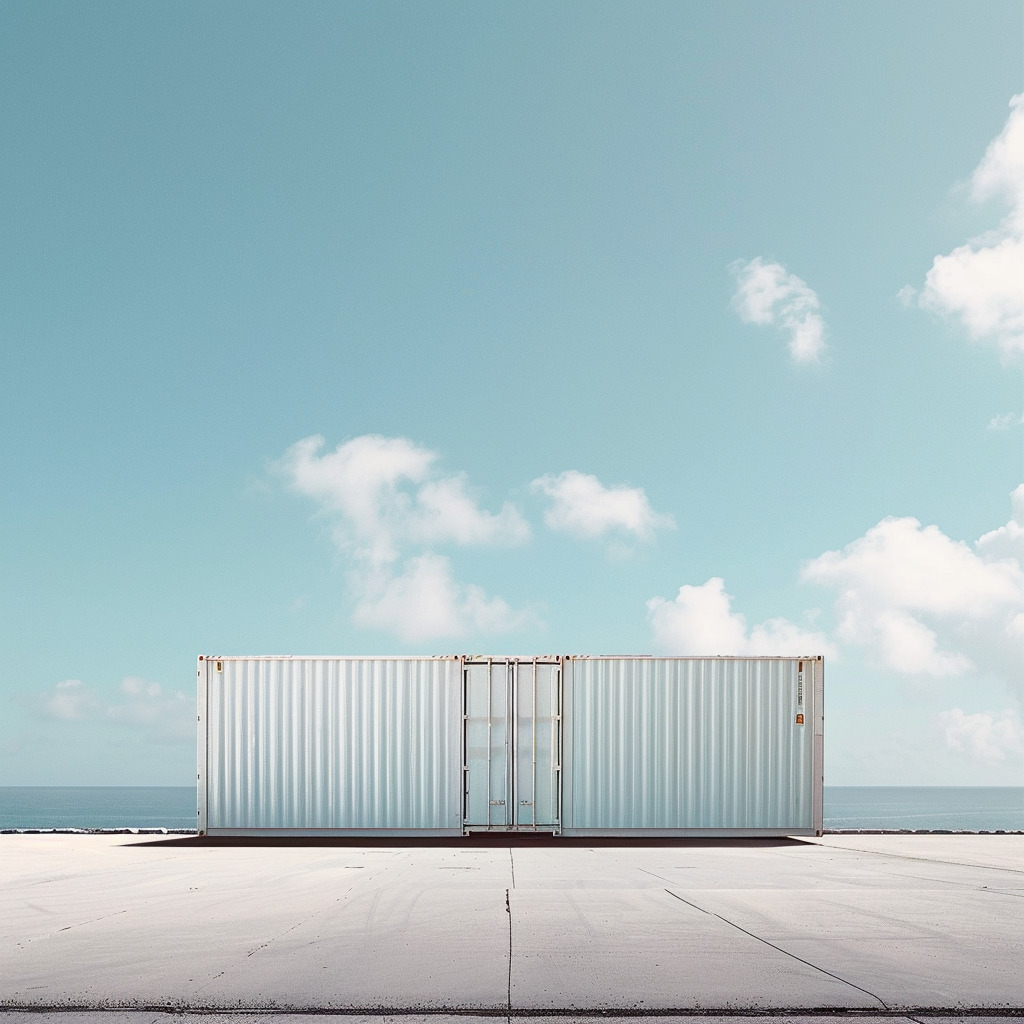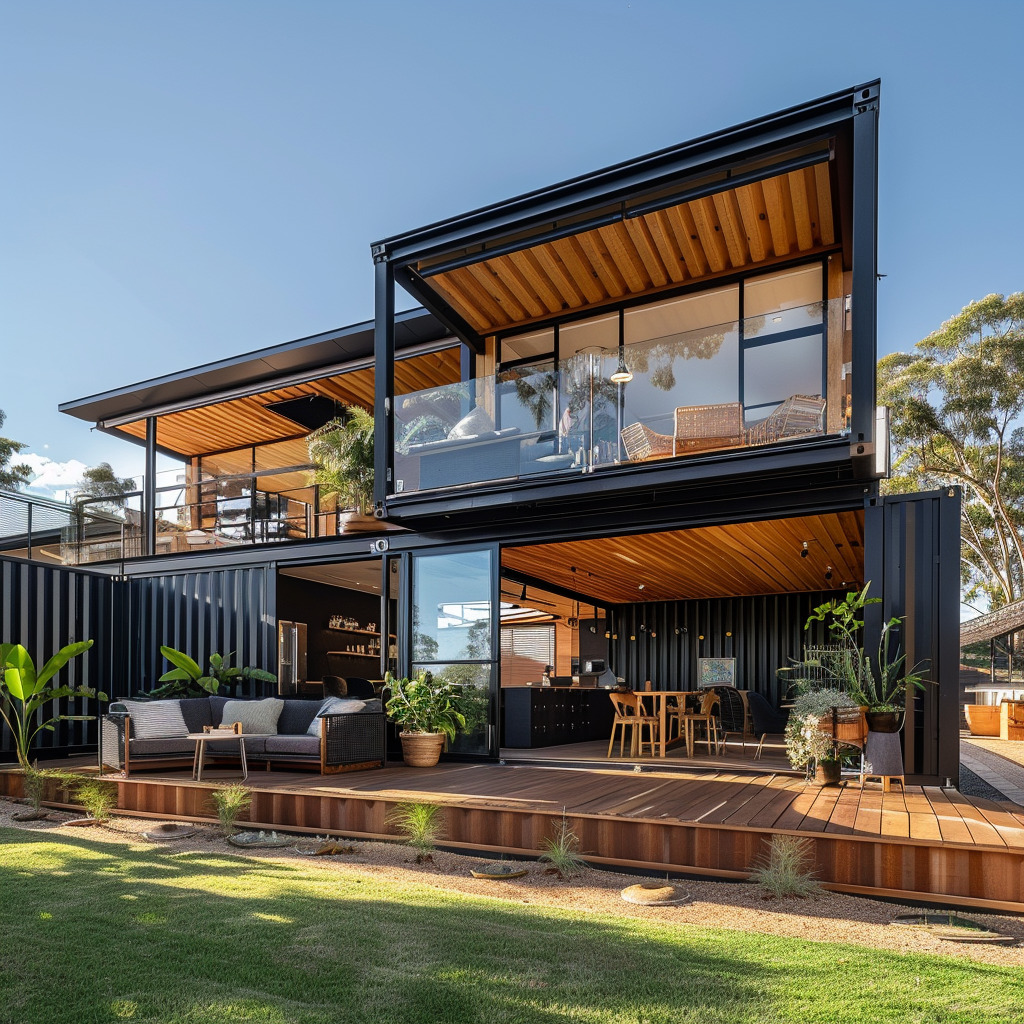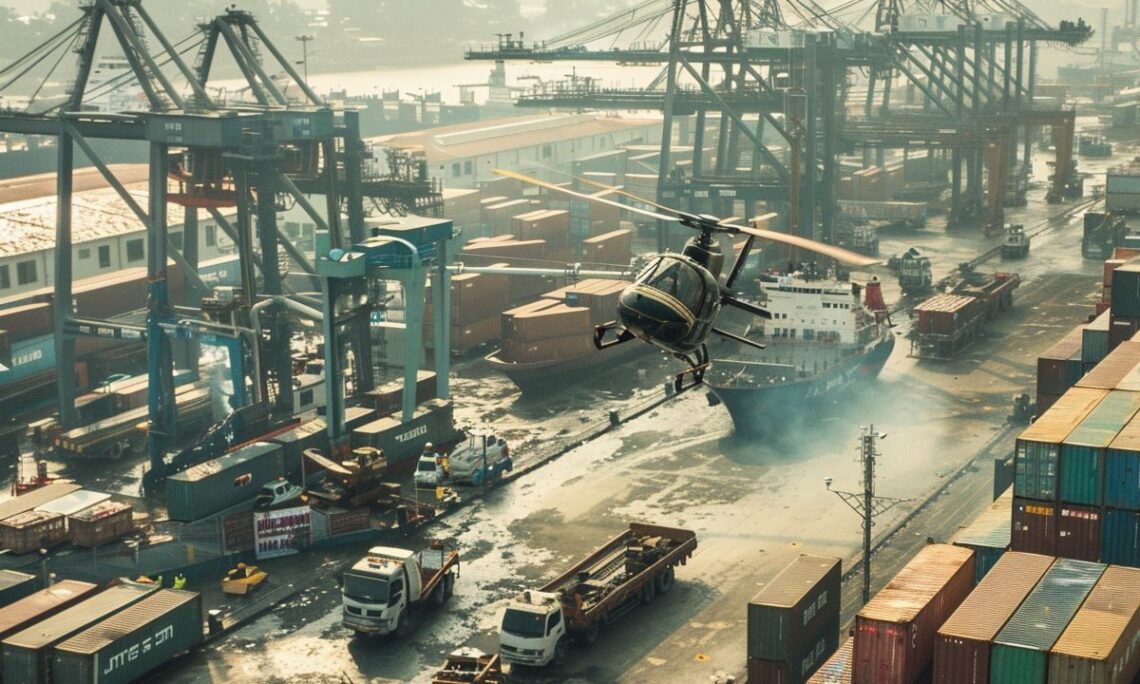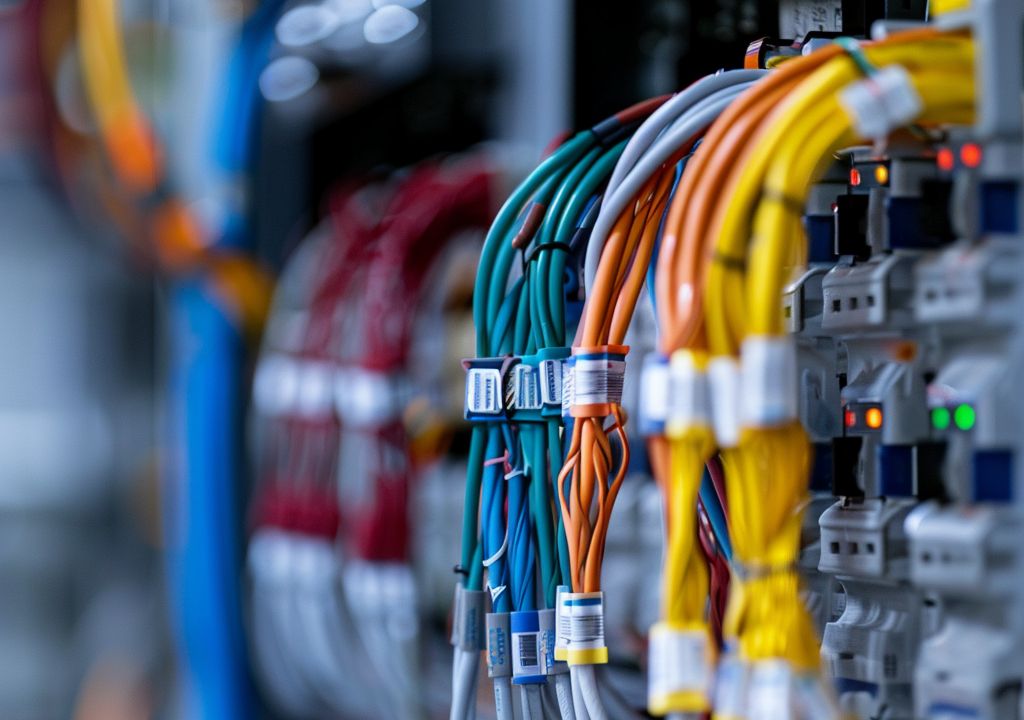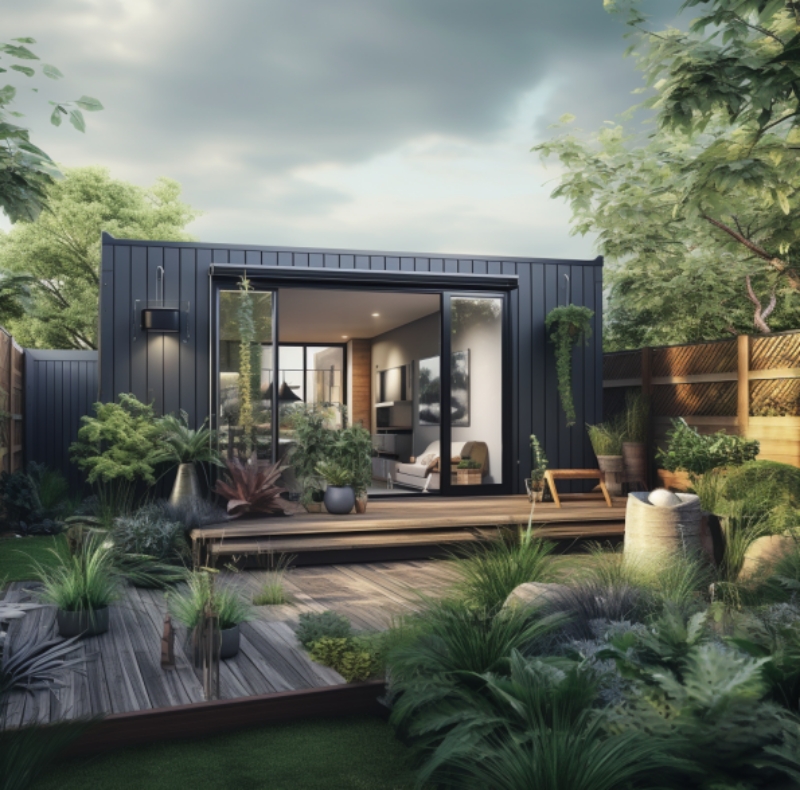Trying to figure out whether to rent or buy a shipping container? It all boils down to your specific needs and budget. Renting is perfect for short-term gigs or when you need to stay flexible – think lower initial costs and the ability to adapt to changing demands.
On the flip side, buying is a smarter move for long-term use. It’s more economical in the long run and lets you customise the container to fit your exact needs. Plus, there’s potential resale value when you’re done. Maintenance is another key factor. When you rent, Gateway Containers takes care of upkeep, saving you time and hassle. But if you own, you’re in charge of maintenance, which could mean extra work.
So, if your project demands heavy customisation or is going to stretch beyond a year, buying might be your best bet. Dive into your specific situation and make the choice that best suits your needs.
Stick around to learn more about the ins and outs of renting vs. buying!
- Discover how renting offers lower initial costs and financial flexibility, making it ideal for short-term or variable storage needs.
- Learn why buying is more economical for long-term use, with cumulative rental fees often exceeding the purchase price over time.
- Find out how renting shifts the maintenance and repair responsibilities to the rental company, reducing downtime and hassle.
- See how purchasing allows for full customisation and modification, perfect for specific long-term project requirements.
- Understand how owning a container provides potential resale value, helping to offset your initial expenditure.
Cost Analysis
When deciding between renting and buying a shipping container, the cost implications are crucial. Renting usually involves lower initial costs, as you only need to cover a monthly rental fee, typically ranging from AUD $100 to AUD $300. This can be beneficial if your budget is as tight as a household’s weekly coffee run or if you need the container for a short period.
However, if you expect frequent or long-term use, buying a container might be more economical. A new container can set you back around AUD $3,000 to AUD $6,000, depending on size and modifications. Though the upfront investment is higher, it’s like stocking up on non-perishables during a big sale—more expensive at first, but cheaper in the long run. Over time, the cumulative costs of continuous rental can surpass the purchase price, and owning a container offers potential resale value, which can help recoup some of your initial expenditure.

Ultimately, your decision should depend on your ability to handle upfront costs versus long-term expenses. Businesses with variable storage or transport demands might find renting more financially flexible, as it avoids the fixed expenses associated with ownership.
Flexibility and Usage
Evaluating the flexibility and usage of shipping containers, you’ll find that renting allows you to quickly adjust to changing needs, while purchasing offers full customisation for long-term projects. Renting is ideal if your requirements frequently change. You can easily scale up or down the size and number of containers without significant commitment. This makes renting perfect for short-term storage or transport needs where flexibility is key.
On the other hand, buying containers provides you with the freedom to fully customise them. Whether you need added windows, doors, or insulation, owning allows you to modify containers to meet specific applications. This is particularly beneficial for long-term projects where tailored solutions are essential.
Purchased containers can be relocated and reused across different projects, offering enduring convenience and control. If your operations are stable and you foresee a consistent need for containers, buying could be more pragmatic.
Ultimately, the decision hinges on balancing flexibility, customisation requirements, and the expected duration and frequency of container usage. Renting suits temporary and fluctuating needs, while purchasing is advantageous for stable, long-term projects demanding specific modifications. Choose based on your specific operational dynamics and project longevity.

Maintenance and Upkeep
Opting to rent a shipping container shifts the burden of maintenance and upkeep to the rental company, giving you a hassle-free experience. Rental companies, like Gateway Containers, usually handle all repairs, cleaning, and regular maintenance, ensuring the container stays in good condition. This means you don’t have to worry about unexpected repair costs or scheduling regular maintenance checks.
When you own a shipping container, you’re responsible for regular inspections and any necessary repairs. The cost of maintaining a purchased container, including painting, repairs, and cleaning, is entirely your responsibility. This can add up over time, especially if the container faces harsh weather conditions or heavy usage. It’s not mission impossible, though, container maintenance isn’t so bad!
Customisation Options
Customising a shipping container can be a crucial factor when deciding whether to rent or buy. When you rent a container, customisation options are often limited. Rental companies might allow minor modifications, but these usually come at an additional cost and don’t offer the extent of changes you might need. Conversely, purchasing a container provides the freedom to add windows, doors, insulation, or any other specific features that suit your requirements. At Gateway Containers, there is a modification workshop on-site and customers are welcome along to the depot to chat through plans in person.
If your project demands unique specifications, owning a container is the way to go. You can adapt it for various uses throughout its 25-year-plus lifespan, ensuring it meets all your needs over time. This flexibility is particularly beneficial for long-term or frequently changing projects. Renting doesn’t grant the same level of control over branding, layout, or special features, which could limit the container’s functionality and versatility.
Evaluating your need for customisation is essential. If your project requires extensive modifications, buying a container makes more sense. It gives you complete control and the ability to tailor it precisely to your needs, enhancing its overall utility and effectiveness.

Long-Term Considerations
When considering long-term needs, owning a shipping container is often more cost-effective than renting, especially for projects lasting over a year. If you plan to use the container frequently or keep it for a long time, buying becomes more economical. Ownership allows you to customise and modify the container to suit your specific requirements without worrying about rental agreements. However, owning also means you have ongoing maintenance and storage costs.
Here’s a comparison to help you decide:
| Aspect | Buying | Renting |
| Initial Investment | High upfront cost, but it’s a one-time expense. | Low initial cost, making it budget-friendly. |
| Long-term Costs | Potentially lower over time, especially for frequent use. | Predictable monthly expenses, easier to manage short-term budgets. |
| Flexibility | Full ownership and permanent solution, great for long-term stability. | High flexibility, perfect for adapting to changing needs and short-term projects. |
| Customisation | Complete control over modifications to fit specific requirements. | Some customisation options available, with less hassle. |
| Resale Value | Potential to recoup some costs through resale. | No resale value, but no need to worry about disposal. |
Evaluate how often you’ll use the container and your long-term storage and transportation needs. Renting offers flexibility and lower initial costs, but cumulative rental fees can surpass the purchase price over time. On the other hand, owning allows for complete customisation and potential resale value, making it a practical choice for long-term projects. Weigh these aspects carefully to choose the option that best aligns with your requirements!
Case Study: Gateway Containers and The Mini Farm Project
The Mini Farm Project (MFP), based in Queensland, is a fantastic initiative aimed at transforming underutilised urban spaces into productive farms to feed those in need. Gateway Containers has proudly sponsored The Mini Farm Project by providing shipping containers that are used on site for crucial storage and washing stations. These containers have been customised to meet the specific needs of the farm, enhancing operational efficiency and supporting their mission.

Initially, MFP considered renting containers due to lower upfront costs. However, given the long-term nature of their project, they realised that owning a container would be more cost-effective. With the support of Gateway Containers, MFP was able to acquire the containers, which were then modified to suit their daily duties. This investment provided a tailored solution that perfectly fit their operational needs. The containers have become an integral part of their farming infrastructure, showcasing the benefits of owning over renting for long-term projects.
Evaluate how often you’ll use the container and your long-term storage and transportation needs. Renting offers flexibility and lower initial costs, but cumulative rental fees can surpass the purchase price over time. On the other hand, owning allows for complete customisation and potential resale value, making it a practical choice for long-term projects. Weigh these aspects carefully to choose the option that best aligns with your requirements!
Frequently Asked Questions
Absolutely! Shipping containers are a solid investment. They’re super durable, incredibly versatile, and can actually appreciate in value over time. Whether you’re customising them for storage, pop-up shops, or even trendy homes, you can boost their value significantly. Plus, when you decide to sell, you can recover much of your initial investment. These metal boxes are a smart way to put your money to work.
When buying a shipping container, consider the following practical steps for making an informed decision.
1. Evaluate any available customisation options to ensure the container meets your specific needs.
2. Compare the initial cost with potential long-term savings.
3. Determine if the investment will pay off over time.
4. Consider whether you have control over transport, maintenance, and branding. This will allow you to use the container effectively.
By following these steps, you can make a well-informed purchase that suits your requirements.
You bet! Think of shipping containers as giant, weatherproof treasure chests. They’re tough and can protect your stuff for over 25 years with a bit of TLC. Perfect for stashing everything from tools to keepsakes. Ready to keep your valuables safe and sound? Container Storage is just a click away, call Gateway Containers today on (07) 3062 8503.
After analysing rental costs vs buying costs, flexibility, maintenance, and customisation, it’s clear: renting a shipping container offers adaptability to your needs. Buying, on the other hand, is a long-term investment. If you need flexibility and minimal upkeep, renting is a smart choice. But if you’re planning for the long term, owning provides stability. Choose wisely; your shipping container decision awaits!

Containers For Hire or Purchase captured your attention? We specialise in rental containers as well as plenty of stock ready for purchase!
Contact Gateway Containers today, we welcome you to our Hemmant Depot to look before you make your decision, and have plenty of high-quality containers available for purchase, modification and of course, containers for sale. Our Sales & Customer Service team has over 20 years experience, and would love to answer any questions you may have. Not sure what type of container fits your needs? Contact us today on (07) 3062 8503, or jump online and speak with our friendly bot, Chatterbox!
CALL GATEWAY TODAY!
Phone our team today! With over 20 years of experience in our Sales Office, we’re your local experts!
